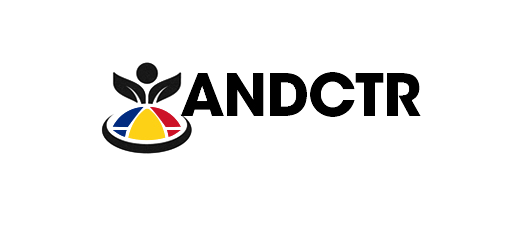
Digital technologies are key drivers of innovation, growth and job creation. Almost 90% of jobs in the EU need at least some level of digital skills, therefore digital competence is increasingly linked to participation in the labour market. Digital competence is not only about being familiar with digital technologies but also about the way new technologies & online media are used.
Despite the significant increase in the use of ICT & social media by low-skilled/low-qualified adults, they demonstrate a low level of awareness and understanding of the broader implications that their online activity can have on their social & professional life.
Goes without saying that low-skilled/low-qualified adults 45+ need to develop and upgrade their media literacy and digital skills for the effective use of social media in a way that can generate increased opportunities for them in the social and professional level.
MedLit45+ targets:
- low-skilled / low-qualified unemployed adults 45+ in Romania, Greece, Portugal, Spain & Italy
- employment / career counselors and/or relevant authorities, organisations and companies working with low-skilled/low-qualified unemployed (e.g. PES, recruiters)
Its major goals:
- Developing the digital/media competences of low-skilled/low-qualified unemployed adults 45+ through innovative tools so that they are motivated and able to build a robust online professional identity to strengthen their access to employment, leading to social & economic inclusion
- Enhancing the knowledge of employment/career counselors and/or relevant authorities, organisations & companies working with low-skilled/low-qualified unemployed and equipping them with a new approach & tools for supporting and interacting with middle-aged unemployed persons through social media.
The added value of implementing the project at EU level is that it will contribute to the creation & dissemination of a common (& easily adaptable & transferable) framework & online resource platform that address a Union-wide challenge (and even more so since Romania, Greece, Portugal, Spain & Italy are among the countries with the lowest levels of digital skills, especially of low-qualified persons).
It will also contribute to the further implementation of the New Skills Agenda for Europe.

The European Commission support for the production of this publication does not constitute an endorsement of the contents which reflects the views only of the authors, and the Commission cannot be held responsible for any use which may be made of the information contained therein.

